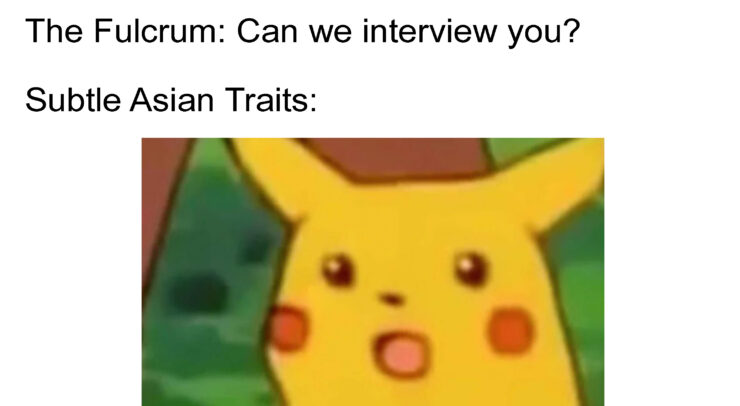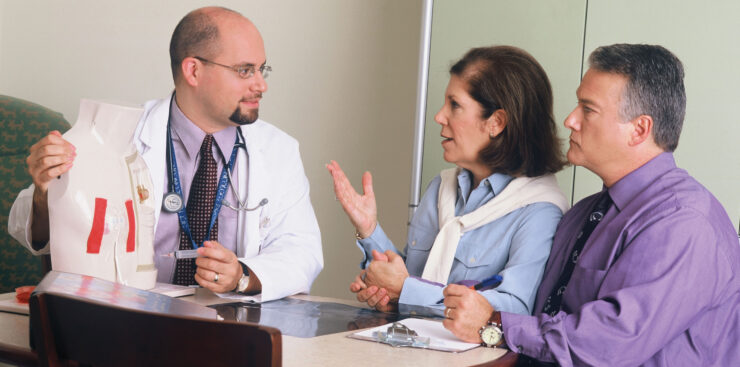Award-winning author and scientist Dave Robertson answers your burning questions
On March 28, 2018, the Tomato sat down with Dave Robertson, author of Nobel Prize-winning e-book, “Assessment and management of a changing climate: successful adaptation to global warming,” and professor of environmental science at the University of Ottawa to discuss ways that students can help global warming.
Check out our exclusive interview below.
The Tomato: It’s almost April, and it’s still freezing cold. How can we, as students, remedy this?
Robertson: Well, that’s just the weather. When we talk about “global warming” it doesn’t necessarily mean that every region will constantly increase in temperature. Globally, the temperature will rise, but as scientists we are more worried about the secondary effects such as increased spread of disease, droughts—
T: Yes, but I am cold. What can I do to remedy this?
R: Oh, okay, well, you can put on a sweater for a start, haha! If you’re looking to save a couple bucks on your heating bill but still keep warm, you can think about turning down the heat when you’re not inside your home or even using exercise as a study break.
T: If I understand correctly, the sweat and body heat from my workout routine can help induce global warming?
R: What? N-no, of course not. The heat from your body will not have any significant effect on the climate of the planet as a whole. If we could get back to the question of environmental sustainability, my research focuses more on the aspect of—
T: Well, that’s cool Dave, but what we’re trying to understand is, -17 degrees Celcius is not habitable for humans, right? Why don’t they cancel classes in such apocalyptic temperatures?
R: No, what?
T: Well said. Now, what the people really want to know is, how can we help increase the climate to hospitable human temperatures so that we don’t have to keep skipping class because it’s too cold?
R: I don’t think we’re on the same page here. What I’m essentially saying is, in layman’s terms, in plain English if you will, climate change does not affect every area in a consistent linear way. Just because one region feels cold, doesn’t mean that climate change is not affecting the whole planet in other important ways.
T: And another thing! Why does summer school start in May? It’s basically still winter.
R: Um, I’m not sure, but if you want to be good to the Earth, cut out meat from your diet, eat your greens, walk, don’t drive, and conserve energy wherever possible.
T: So you’re saying, that in order to increase global warming, we should leave our heat on always, uber everywhere, and smoke our greens. Got it.
R: No, well, technically, yes? Is this even a real publication? I thought I was meeting with the esteemed editors of the Fulcrum.
T: Unfortunately, that’s all the time that we have. Is there anything else you want students to know about how they can help destroy the environment?
R: Oh God. Please don’t publish my name on this.





